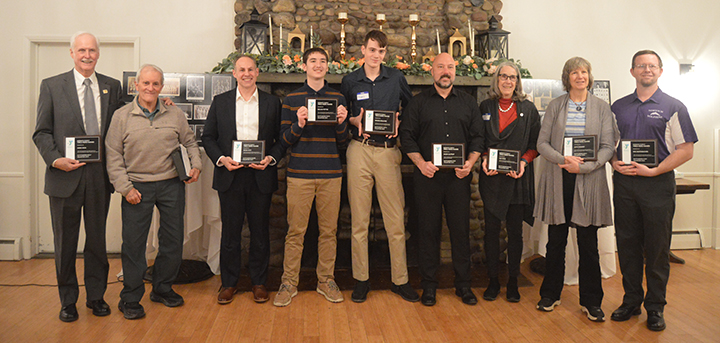Healing the invisible scars of war
One troubled veteran blows himself up on a busy street in the nation’s capital. Another former soldier kills dogs, birds and finally a Cabinet officer in an increasingly desperate plea for help from his government.
The city is London, not Washington. The time is 1931, not today. The veterans fought in France and Belgium, not Iraq and Afghanistan. They are suffering from “shell shock,” not “post-traumatic stress disorder.” They are fictional characters depicted in Jacqueline Winspear’s novel “Among the Mad,” but their stories are true.
There is nothing new about veterans coming home from war with emotional and psychological wounds. But the problem is getting worse. The Associated Press reports that 45 percent of the 1.6 million veterans of Iraq and Afghanistan have filed benefit claims for service-related injuries, up from 21 percent during the Gulf War of the early 1990s, and mental disabilities are a driving force behind that sharp increase.
Eighteen veterans commit suicide every day. Newsweek estimates that more soldiers have died by their own hand than by enemy fire, and veterans organizations blame repeated deployments to dangerous and debilitating war zones. “You just can’t keep sending people into war five, six or seven times and expect that they’re going to come home just fine,” says Barry Jesinoski, executive director of Disabled American Veterans.







Comments